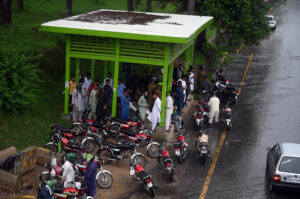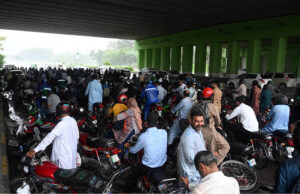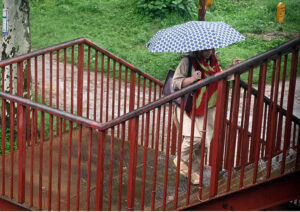
MULTAN

MULTAN























ISLAMABAD, Aug 15 (APP): Federal Minister for Interior Mohsin Naqvi met with British Parliamentary Under-Secretary of State (Middle East, Afghanistan and Pakistan) Hamish Falconer in London and discussed matters of mutual interest, including the promotion
of Pakistan-UK bilateral relations.
The British Under-Secretary of State extended felicitations to Interior Minister Mohsin Naqvi and the people of Pakistan on the occasion of Independence Day, said a press release.
During the meeting regional peace & stability and combating the scourge of terrorism were also discussed. Both ministers emphasized the need to increase mutual cooperation for peace and stability.
The minister stated that the second phase of repatriation of the Afghan refugees to their homeland would start soon.
He said that Pakistan was the most affected country by terrorism, while it’s security forces have made unprecedented sacrifices in the war against terrorism and added that terrorism was a global issue, and many countries face this challenge in various forms.
While welcoming British cooperation in combating terrorism, the minister said that joint actions in this regard would be fruitful. He emphasized that Pakistan was a peaceful country and desired lasting peace in the region.
He further highlighted that Pakistan and the UK have historical friendly relations.
The British Parliamentary Under-Secretary of State said that Pakistan was an important member of the Commonwealth and acknowledged Pakistan’s sacrifices in the war against terrorism.
Pakistani High Commissioner, Dr. Mohammad Faisal, and senior officials from the British Foreign, Commonwealth, and Development Office were also present on the occasion.




